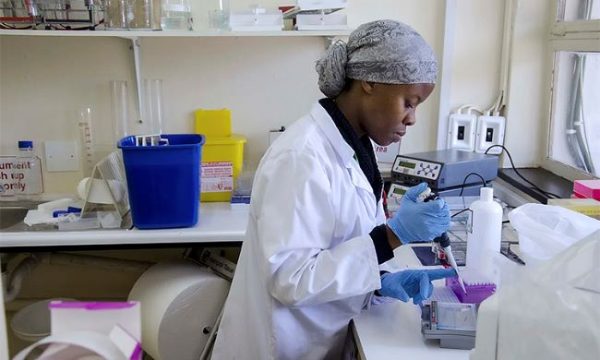Nigeria’s health sector continues to battle endemic infectious diseases such as malaria, Lassa fever, cholera, and meningitis, alongside rising maternal and child mortality and non-communicable diseases like cancer and kidney failure. Despite international interventions, these challenges persist, fuelling calls for homegrown solutions.
To address this gap, the Nigerian Institute of Medical Research (NIMR) launched the NIMR Foundation in 2022. Its flagship initiative — the Grantsmanship and Mentorship Training Programme (GMTP) — is equipping young researchers with the skills to design high-impact studies, secure international funding, and innovate solutions tailored to Nigeria’s health realities.
Since inception, the programme has been hailed as a “game-changer.”
For Dr. Ijeoma Ifeorah, a virologist at the University of Nigeria, Nsukka, GMTP reshaped her career in 2023. The training sharpened her grant-writing and research skills, expanding her professional network and enabling her to win four international grants — including awards from the American Association for Cancer Research, Northwestern University, and the World Academy of Science (TWAS), which sponsored her for specialised training in Germany.
“The GMTP didn’t just improve my grant-writing ability; it opened doors to mentors and collaborators who have transformed my career,” she said.
Dr. Victor Ayeni, a neonatologist at Babcock University Teaching Hospital, Ogun State, joined the 2024 GMTP edition. Four months later, he secured a Grand Challenges Nigeria seed grant for maternal and child health research. His study will focus on reducing disabilities linked to birth asphyxia — a leading cause of infant mortality.
“The programme helped me refine my ideas and package them into fundable proposals. It also strengthened my personal development goals, which prepared me for this opportunity,” Ayeni explained.
At the 2025 edition, Dr. Chioma Tolulope, a research fellow at NIMR, described the GMTP as an eye-opener that enhanced her skills in systematic reviews and manuscript writing. “Being selected from hundreds of applicants was a privilege. I now feel more confident about carrying out impactful research,” she said.
As success stories multiply, experts say the GMTP is more than a training scheme — it is proof that Nigeria can nurture the next generation of scientists capable of tackling its toughest health problems. But for the impact to scale, stakeholders insist government must sustain investments that strengthen the nation’s capacity to generate homegrown solutions.


